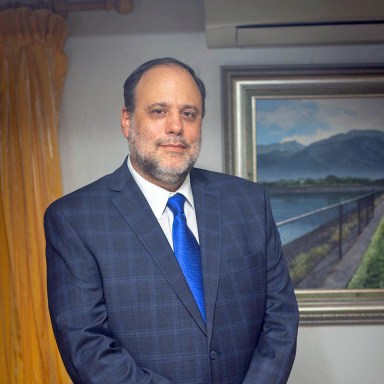DUMPING THE BRITS ROW

The big row in Jamaica as to how to ditch the British monarch, install a local head of state and become a republic is heating up once again on the island with the two main parties squaring off on the process of how to join Guyana, Trinidad, Dominica and Barbados as republics in the regional family.
The Constitutional Reform Commission (CRC), which had been canvassing the island on how to switch from an independent nation hit a major snag recently with the main opposition People’s National Party (PNP) restating its position of no support for a republic unless the British Privy Council is dumped as the island’s final court and is replaced by the Trinidad-based Caribbean Court of Justice (CCJ). Without this, says the PNP, Jamaica would not have completed the full circle of independence and decolonization.
At the center of issue is the plan by the governing Jamaica Labor Party (JLP) to take all the constitutional steps to republicanism in phases. Phase two would include the abandonment of the Privy Council in favor of the CCJ but the PNP has its suspicions as the JLP has been steadfast in its opposition and lack of admiration of the CCJ so it wants everything to be done in one fell swoop, in phase one.
At the weekend, the PNP instructed its representatives on the CRC not to sign off on a report emanating from town hall meetings around the country in the past two years unless and until the CCJ is part of the process. The JLP is frustrated as it needs opposition support because the law says that lawmakers must vote by at least two thirds to become a republic and Jamaicans must vote in a referendum among other rules so political swords are drawn as fears of a lasting stalemate loom.
Jamaica was among regional member states which had made the most noises back in November 2021 when Barbados threw a glittering ceremony ditching the British monarchy and becoming a republic. The switch had stirred up a whale of emotions among its regional neighbors with calls in nearly every Caribbean Community member state for authorities to follow suit.
Jamaica and Trinidad are the oldest independent CARICOM nations, having gained such status back in 1962. Jamaica had even entertained thoughts of becoming a republic in time for its 60th independence anniversary back in 2022. Now it seems that locals would have to wait even longer with the current political stalemate. Minister of Legal Affairs, Marlene Malahoo Forte and the cabinet are frustrated even as the PNP and Opposition leader Mark Golding hold their line on the CCJ.
“For us to say goodbye to the monarch we need a consensus, a solid agreement between government and opposition before the people are asked to decide,” a frustrated Malahoo Forte said at the weekend as Golding reinforced his party’s opposition to the phased or piecemeal approach to republicanism. “The committee from the outset agreed to work by consensus, knowing that our founding fathers envisioned that attempts to reform the constitution, especially those deeply entrenched provisions, would fail unless the two political parties forming government and opposition sing from the same hymn sheet.”
Jamaica’s Prime Minister, Andrew Holness. Government of Jamaica
For his part, a steadfast opposition leader says he is drawing a line in the sand on the British court, aware that the JLP does not want the CCJ. He indicated as much in a weekend letter to PM Andrew Holness.
“In our brief meeting I indicated that the move away from the British monarch as our head of state should coincide with the move away from the British monarch’s court in London to the CCJ as our final court of appeal, so as to achieve a seamless transition to full decolonization rather than a piecemeal, phased approach with no guarantee of its attainment. I pointed out that this is a fundamental issue for us, and let me know the government’s position,” the opposition leader said.
The latest imbroglio appears to have put a wrench in Jamaica’s push to switch to a republic as the JLP continues to hedge on the issue of the CCJ.





